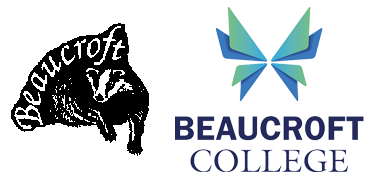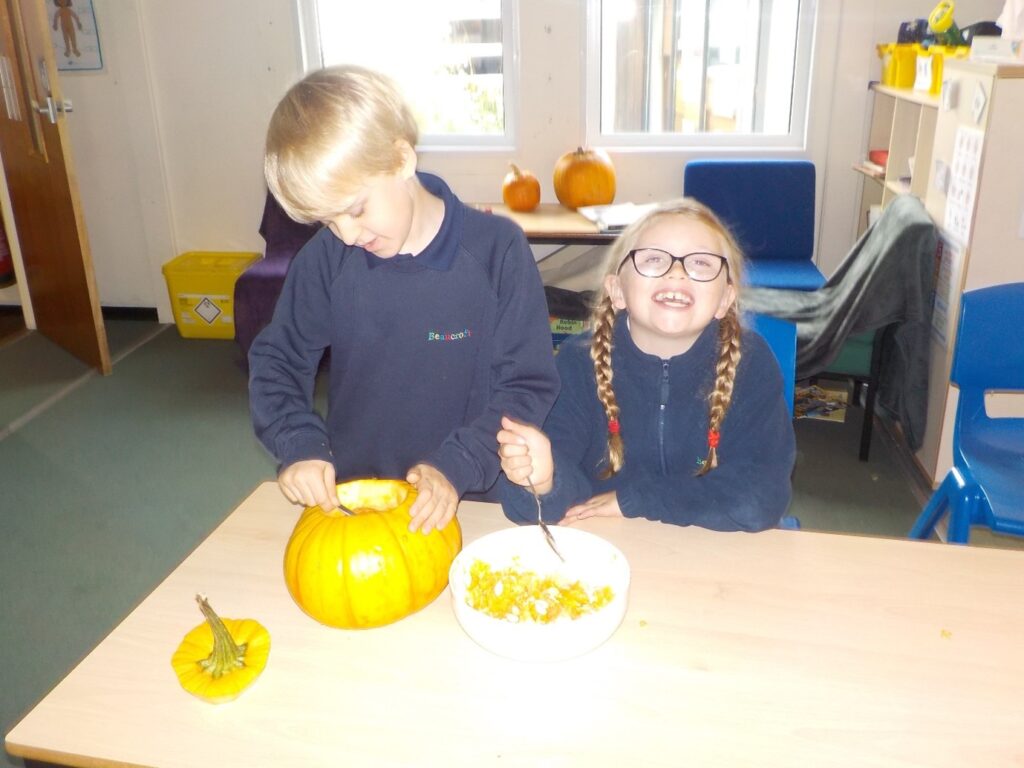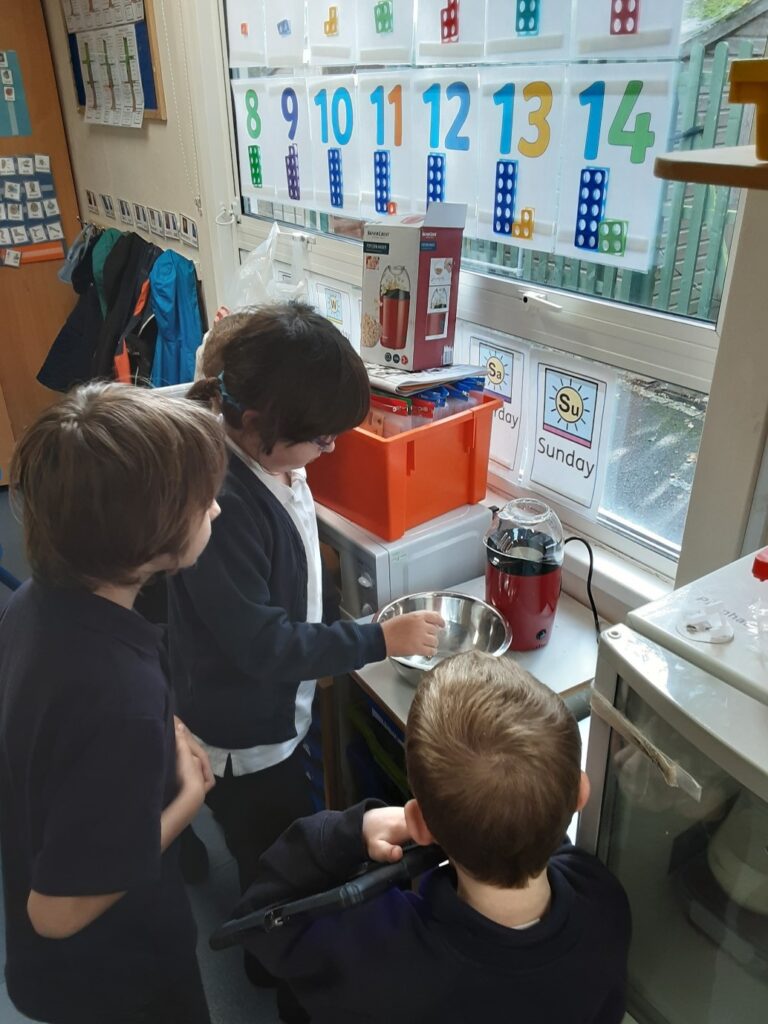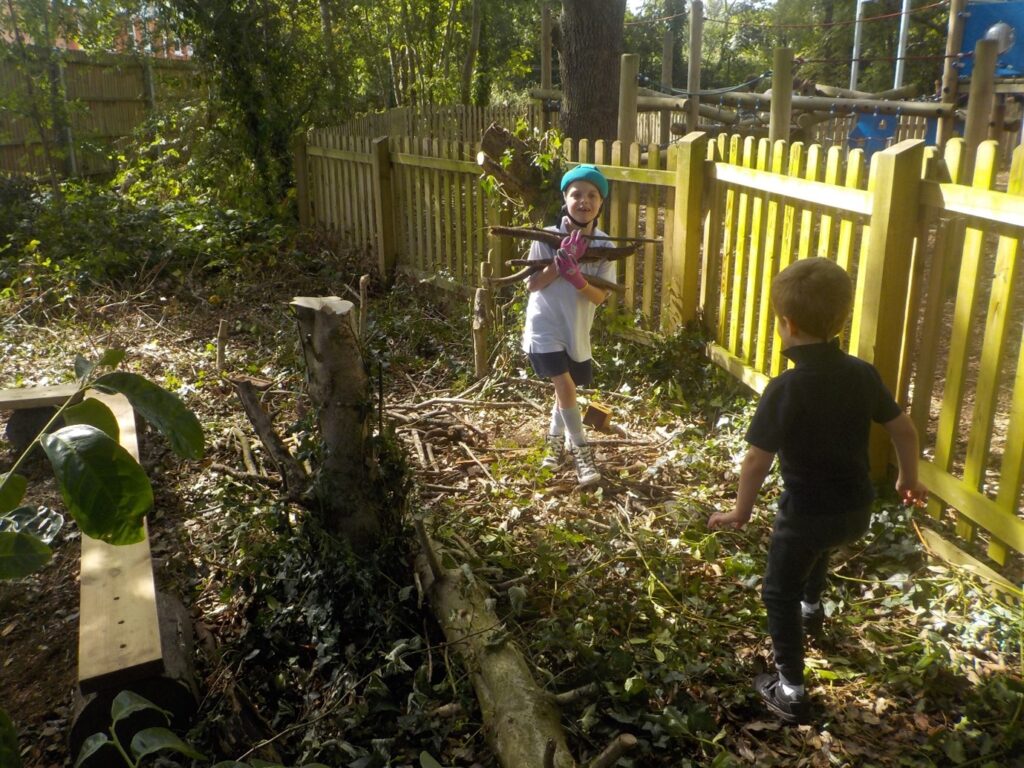The Junior Department at Beaucroft currently has five classes that cover the age range from seven to eleven (Years 3 to 6). The children are placed in classes depending on a variety of factors such as cognitive ability, communication needs and peer relationships. The classes are:
- Piranhas
- Sharks
- Turtles
- Dolphins
- Lobsters
Each class has one teacher and two teaching assistants, or more where appropriate to meet the needs of the children, and the class sizes vary from six pupils up to nine.
Every term the department focuses on a different topic and this is incorporated into many of the pupils’ lessons. We follow a three year rolling programme of topics. Each class follows the national curriculum at a differentiated level that meets each individual pupils’ needs.
The development of the pupils’ communication, interaction and independence skills are the main focus of every activity. The day is divided into a mixture of whole class, small group, independent and individual work. There is a ‘sensory diet’ approach that ensures pupils are given frequent opportunities to complete tasks that help them to self-regulate – these include physical tasks, some quiet time, food snacks, listening to music and the use of sensory toys. We have a Total Communication environment throughout the school where staff use a range of signing, photos, signs and verbal language to support the pupils’ communication and interaction with others. At Beaucroft we recognise that every child is an individual and therefore we work hard to ensure we meet their individual needs.
As much as possible, pupils are offered the chance to continue their learning outside the classroom through outings into the local community. This supports pupils to generalise the skills they learn in the classroom into real life situations.
There is a Parents’ Consultation Evening once each term where parents/carers have the opportunity to meet with their child’s class teacher. Every pupil also has a ‘Home/School’ communication book which we encourage parents to write in and which teachers write in daily. Once a year each pupil has a Person Centred Review (PCR) meeting to review their Statement of Educational Needs or Education Health and Care Plan (EHCP) and to identify what is important for the young person now and in the future. Parents/carers, the pupil, education staff and relevant outside agencies are invited to attend and each meeting ends with a concrete action plan with actions that are SMART (specific, measurable, achievable, realistic and time bound).



